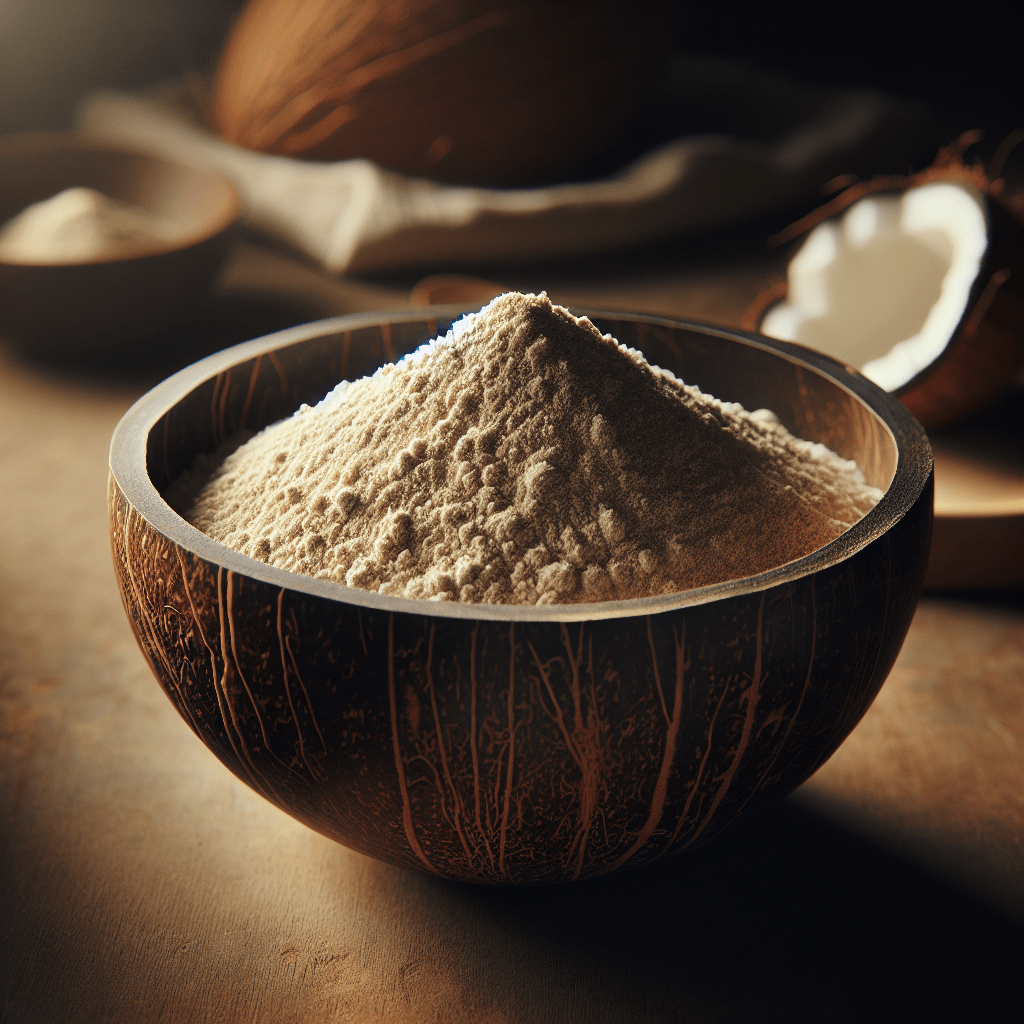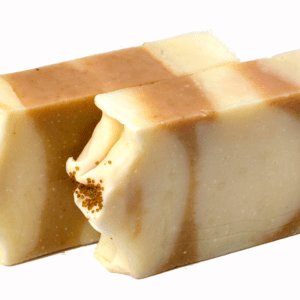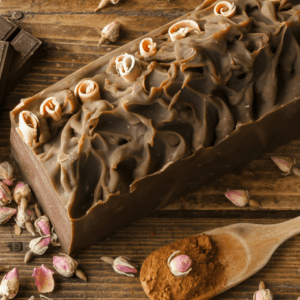Compare psyllium husk with other popular fiber supplements to find the best option for you.
With so many fiber supplements available, it can be challenging to choose the right one. In this post, we compare psyllium husk with alternatives like flaxseed and chia seeds, looking at their nutritional profiles, health benefits, and potential drawbacks, helping you make an informed decision.
Psyllium husk, flaxseed, and chia seeds are all popular choices for adding fiber and nutrients to your diet. Each of these alternatives has its own unique nutritional profile, health benefits, and potential drawbacks. Let’s take a closer look at how they compare to help you make an informed decision about which one might be best for you.
Nutritional Profiles:
Psyllium husk is a soluble fiber derived from the seeds of the Plantago ovata plant. It is rich in fiber, with each tablespoon containing around 5 grams of fiber. It also contains small amounts of protein, fat, and carbohydrates.
Flaxseed is also high in fiber, with each tablespoon containing about 3 grams. In addition to fiber, flaxseed is a good source of omega-3 fatty acids and lignans, which have antioxidant properties. It also contains protein, fat, and carbohydrates.
Chia seeds are another excellent source of fiber, with each tablespoon containing around 5 grams. They are also high in omega-3 fatty acids, protein, and antioxidants. Chia seeds are also a good source of calcium, phosphorus, and manganese.
Health Benefits:
All three of these alternatives offer numerous health benefits. The high fiber content of psyllium husk, flaxseed, and chia seeds can help promote digestive health, prevent constipation, and support healthy cholesterol levels. Additionally, the omega-3 fatty acids found in flaxseed and chia seeds are beneficial for heart health and may help reduce inflammation in the body.
Potential Drawbacks:
While psyllium husk, flaxseed, and chia seeds offer many health benefits, there are some potential drawbacks to consider. Psyllium husk can cause bloating and gas in some individuals, especially when first introducing it into the diet. It is also important to drink plenty of water when consuming psyllium husk to prevent it from causing intestinal blockages.
Flaxseed contains compounds called cyanogenic glycosides, which can release small amounts of cyanide when consumed in large quantities. While the levels of cyanide released from flaxseed are generally considered safe for most people, it is still something to be aware of.
Chia seeds are high in fiber, which can be beneficial for most people, but some individuals may experience digestive discomfort when consuming large amounts of chia seeds. It is also important to consume chia seeds in moderation, as they are calorie-dense and can contribute to excess calorie intake if consumed in large quantities.
In conclusion, psyllium husk, flaxseed, and chia seeds are all excellent choices for adding fiber and nutrients to your diet. Each alternative has its own unique nutritional profile and health benefits. When choosing between them, consider your individual dietary needs and any potential drawbacks that may affect you personally. Regardless of which alternative you choose, incorporating any of these options into your diet can be a simple and effective way to boost your overall health and well-being.




